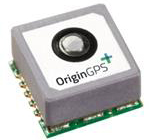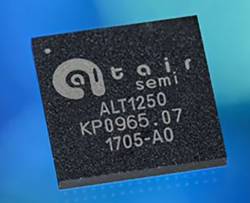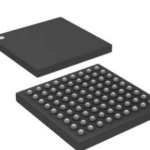
OriginGPS announced the launch of a new family of products yesterday (October 27, 2015), the first of which is the Multi Micro Hornet ORG1510-MK, an integrated multi-GNSS (GPS, GLONASS, and BeiDou) module based on the MediaTek MT3333 chip.
According to the Israel-based company, the 10x10x6.1 millimeter low-power architecture supports an update rate of up to 10 hertz and contains onboard flash, supporting devices that require full-featured components with small footprints, such as UAVs designed to follow action sports and other fast-moving activities or wearables.
OriginGPS announced the launch of a new family of products yesterday (October 27, 2015), the first of which is the Multi Micro Hornet ORG1510-MK, an integrated multi-GNSS (GPS, GLONASS, and BeiDou) module based on the MediaTek MT3333 chip.
According to the Israel-based company, the 10x10x6.1 millimeter low-power architecture supports an update rate of up to 10 hertz and contains onboard flash, supporting devices that require full-featured components with small footprints, such as UAVs designed to follow action sports and other fast-moving activities or wearables.
OriginGPS says the MediaTek chip also contains an onboard flash memory that does not erase when power is off and is designed to optimize power consumption, offering both standby and backup modes, and, in advanced applications, a periodic mode that can turn the device on and off when in backup or standby.
Typical power consumption values, according to the ORG1510-MK data sheet, are 105 milliwatts for GPS+GLONASS acquisition and 79 tracking modes, a “periodic low-power tracking” mode (15 seconds “asleep,” 3 seconds “awake”) of 14.5 milliwatts, and a standby power consumption of 1.65 milliwatts.
The ORG1510-MK module combines OriginGPS’ proprietary low-profile patch antenna with a dual-stage low noise amplifier, RF low dropout voltage regulator, surface acoustical wave filter, temperature compensated crystal oscillator, rea-time clock, and RF shield. It also incorporates OriginGPS’ patented and proprietary Noise Free Zone (NFZ) technology, which is designed to ensure high sensitivity and noise immunity even under marginal signal conditions.





